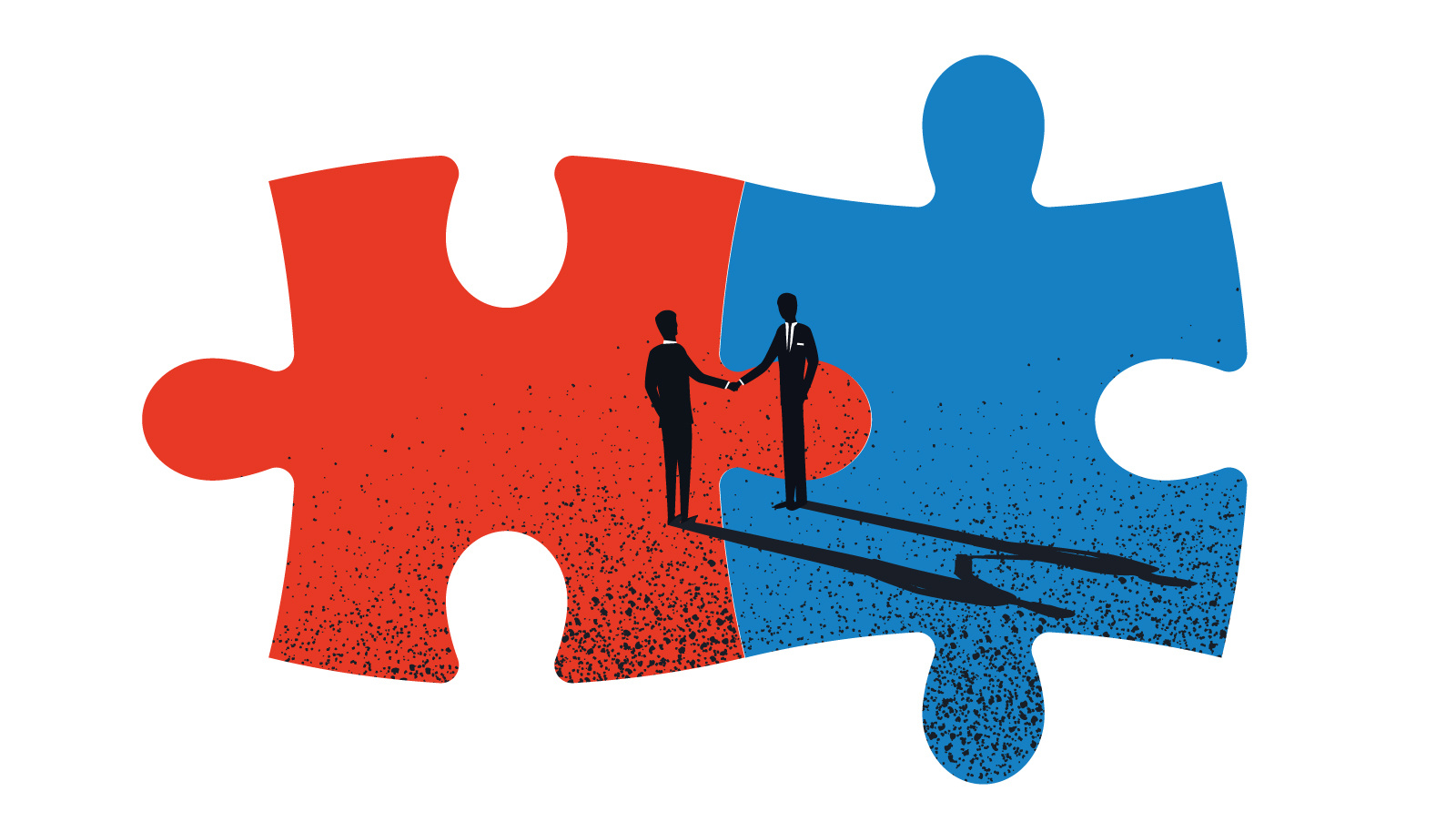Why HR Due Diligence is the Make-or-Break Factor in Mergers & Acquisitions
Mergers and acquisitions (M&A) are surging in 2025 as businesses consolidate to stay competitive. But here’s the catch: even the most promising deals...
3 min read
 Nate Olsen
Sep 27, 2024 4:27:06 PM
Nate Olsen
Sep 27, 2024 4:27:06 PM

Mergers and acquisitions (M&A) are high-stakes events.
They can propel businesses into new markets, streamline operations, or bring about the collapse of an organization struggling to integrate.
With so many moving parts, business leaders often overlook a powerful tool that could tip the scales in their favor: the Professional Employer Organization (PEO).
“In 2023, global M&A activity was valued at $3.6 trillion, but nearly 70% of those deals failed to deliver expected value,” according to data from Deloitte.
One of the major culprits behind these failures? Mismanagement of human capital.
Amid the frenzy of financial due diligence, legal complexities, and regulatory hurdles, the people side of the deal is often neglected.
So, where does a PEO fit into this equation? Let's explore.
At its core, a PEO simplifies and centralizes human resources (HR), payroll, benefits administration, and compliance. But when it comes to M&A, the PEO’s role becomes far more strategic.
Here's why...
One of the most daunting challenges in an M&A is merging two distinct company cultures, HR processes, and benefits packages.
A PEO provides a unified platform that can facilitate a smooth transition by offering standardization in payroll, benefits, and HR policies, avoiding unnecessary disruptions.
When acquiring a company, especially one in a different state or region, new employment laws, tax regulations, and compliance issues arise.
A PEO with a national or global presence can help ensure the acquiring business is compliant with local, state, and federal laws, reducing the risk of costly fines or legal disputes.
Uncertainty during an M&A can lead to a mass exodus of key talent. By offering consistent benefits and HR support through the PEO, companies can alleviate employee concerns and maintain a stable workforce throughout the transition.
The right PEO can offer competitive benefits packages that enhance employee satisfaction and retention, a critical factor in ensuring a smooth post-merger integration.
While the benefits are substantial, working with a PEO during an M&A isn’t without its challenges:
If you're contemplating a merger or acquisition and considering the involvement of a PEO, preparation is key. Here’s how to set yourself up for success:
In the world of M&A, the right PEO can be a strategic asset, simplifying HR complexities, mitigating risks, and stabilizing the workforce during uncertain times.
But it’s not a decision to be taken lightly. Like any business relationship, the success of your PEO partnership hinges on preparation, communication, and alignment of goals.
So, the next time you're navigating the stormy waters of a merger or acquisition, ask yourself: Is your current HR infrastructure up to the challenge, or could a PEO be the anchor that keeps your business steady?
In today’s volatile market, ensuring the success of an M&A is about more than just numbers—it's about people. And a PEO might just be the key to keeping those people on board for the journey ahead.

Mergers and acquisitions (M&A) are surging in 2025 as businesses consolidate to stay competitive. But here’s the catch: even the most promising deals...

Insurance brokers understand the nuances of locating options that are the right fit for each individual client.

At BestFit PEO Solutions, LLC, we understand the importance of choosing the right health insurance solution for your business. While a PEO Master...